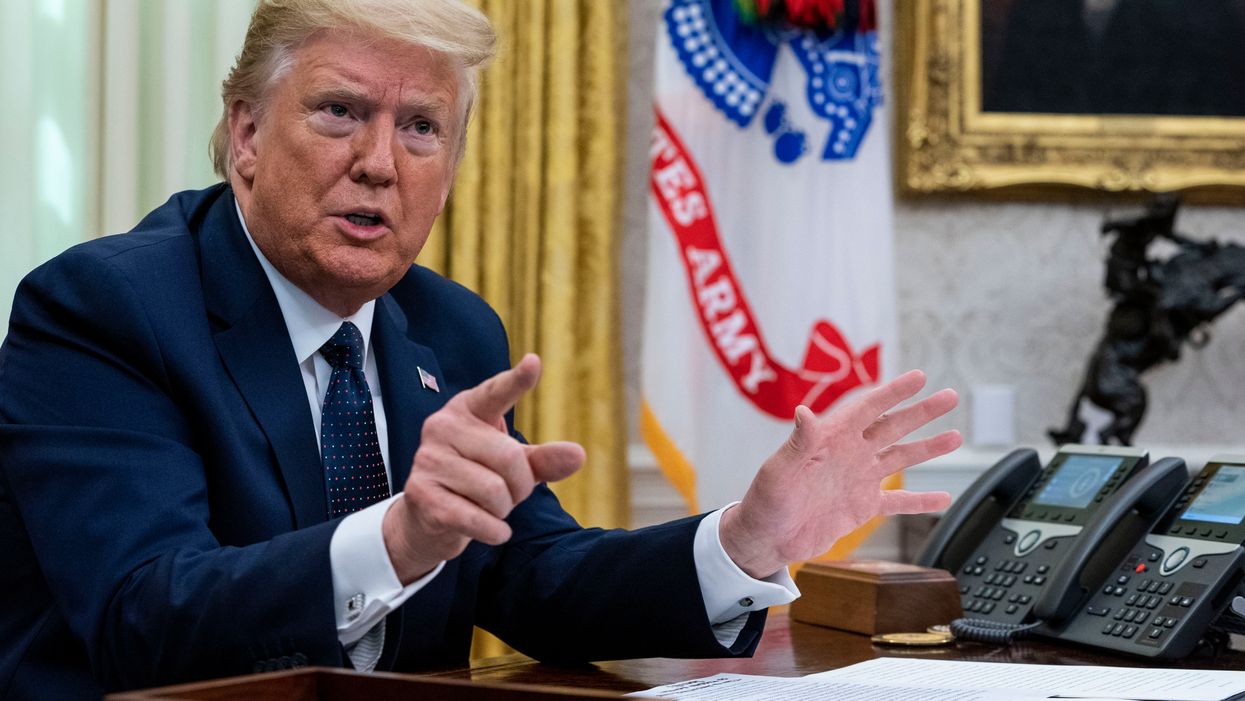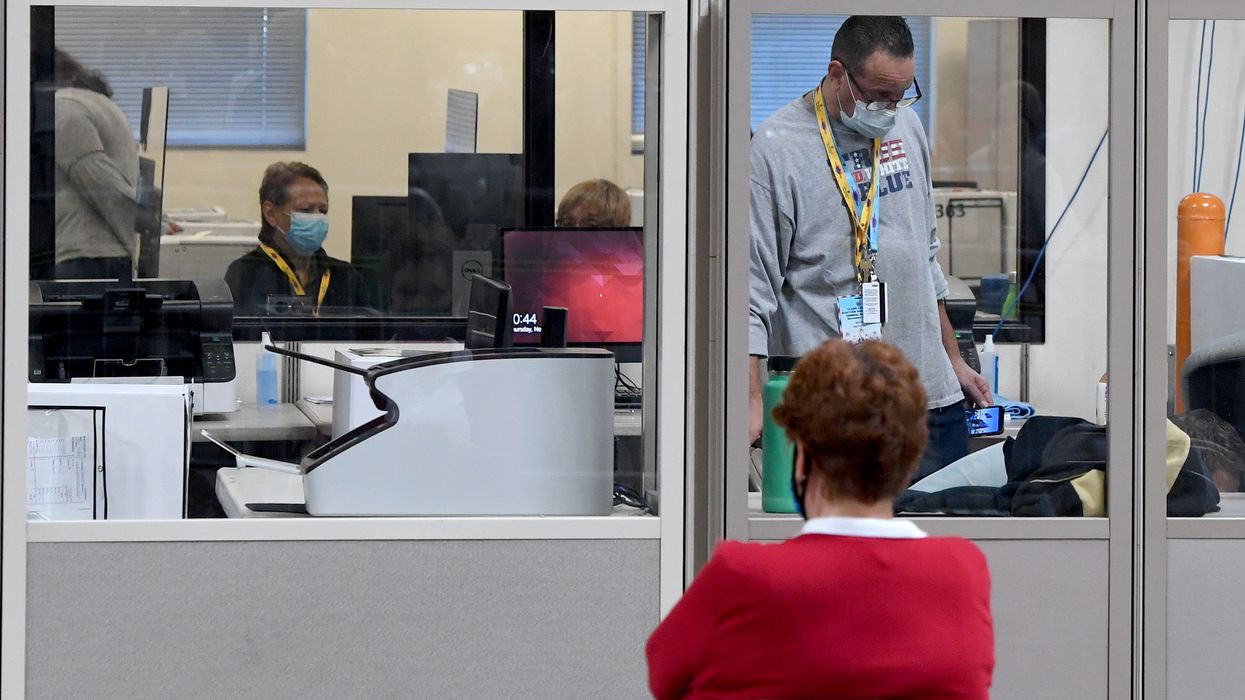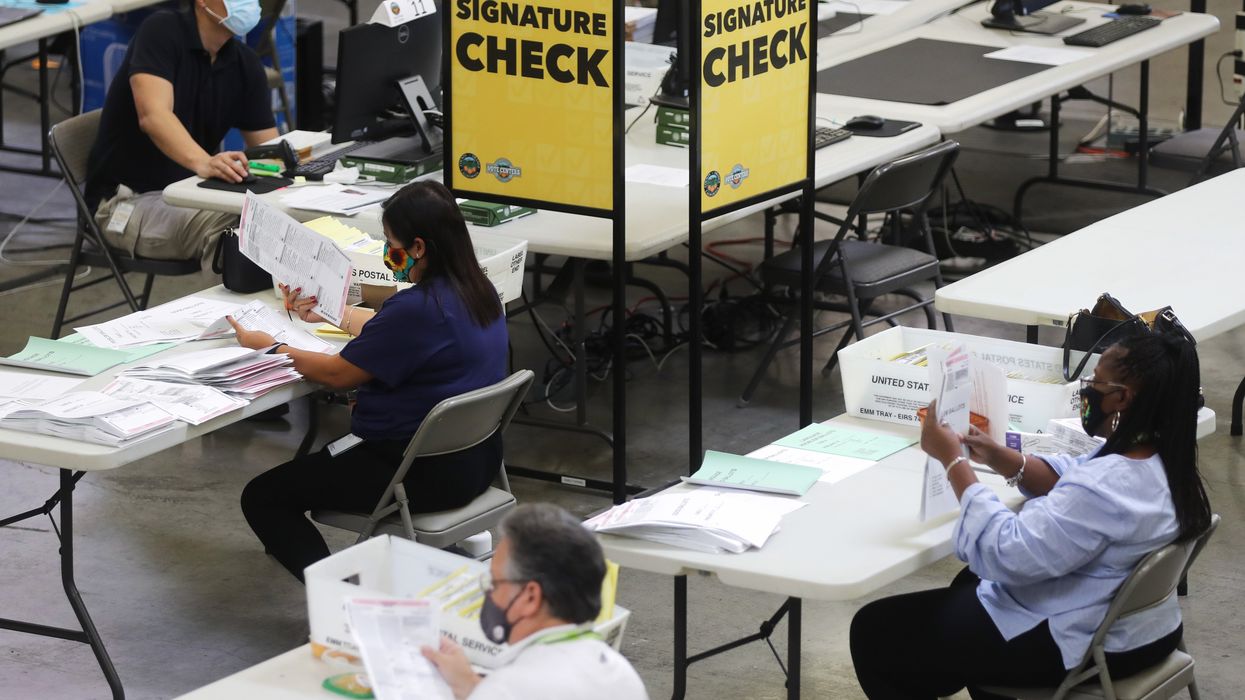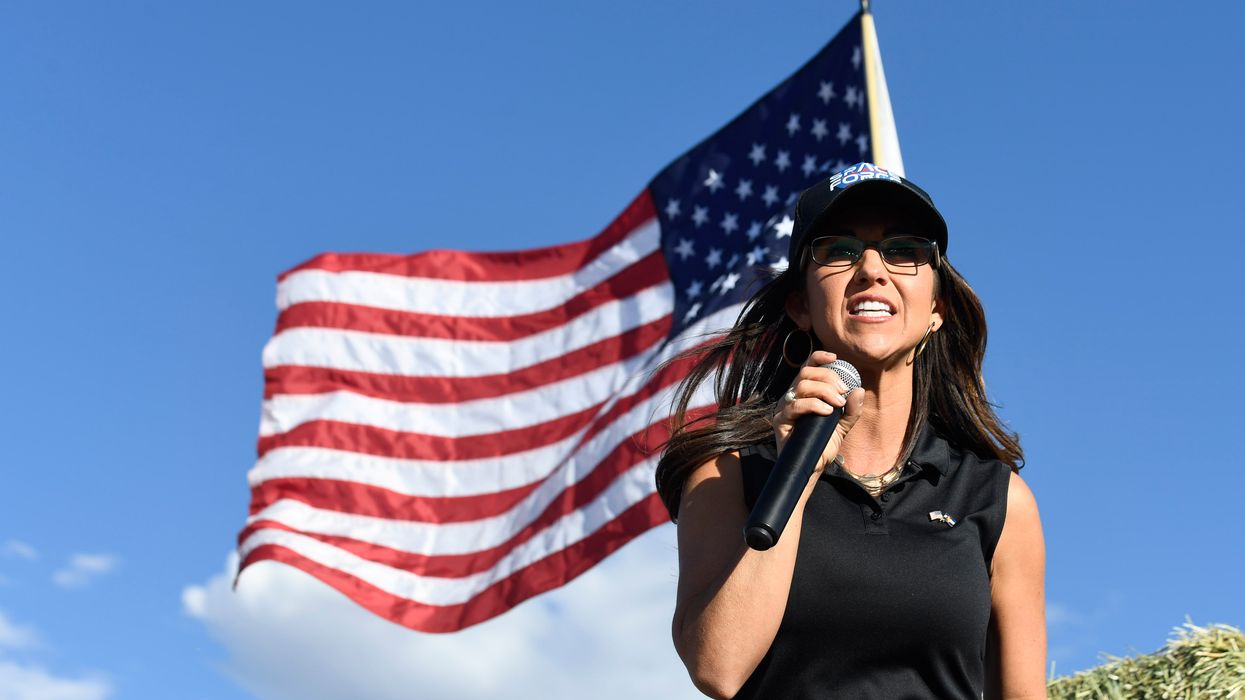The president can issue an executive on anything he wants, but its impact and legality is a question. Trump signed an executive order that could limit social media companies' legal protections after Twitter began fact-checking on his posts.
According to The Washington Post, lawmakers in Congress and a variety of legal experts from across the political spectrum "doubted the legality of Trump's draft proposal and feared its implications for free speech."
Some in the tech industry even began quietly discussing their legal options, including a potential lawsuit challenging Trump's order, the Post reported.



















Trump & Hegseth gave Mark Kelly a huge 2028 gift